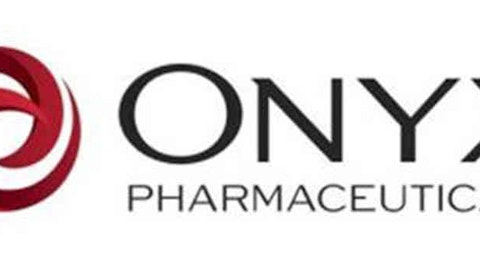So much for Bristol Myers Squibb Co. (NYSE:BMY)‘s long-term post-Plavix guidance.
Three years ago, the company told investors not to worry. It had a plan to replace the $6 billion drug that lost patent protection last year. This year’s adjusted earnings were supposed to be at least $1.95 per share, higher than the company had in 2009.
Today, the pharma company said it expects adjusted earnings for this year to come in between $1.70 to $1.78 per share, down from the $1.78 to $1.88 per share estimate that Bristol Myers Squibb Co. (NYSE:BMY) gave at the beginning of the year, and well below the $1.85 per share Bristol-Myers posted in 2009.
Blame it on the new kids
There was no doubt that Plavix sales were going to plummet; second-quarter sales were down 94% year over year. Bristol Myers Squibb Co. (NYSE:BMY) needed the new drugs to step up and fill the gap, but that didn’t happen.

Investors also have high hopes for Eliquis, which Bristol Myers Squibb Co. (NYSE:BMY) sells with Pfizer Inc. (NYSE:PFE), but the drug managed just $12 million in the second quarter, down from $17 million in its first quarter of the launch. The lower sales are likely due to stocking in the first quarter, but even so, it’s clear Bristol-Myers and Pfizer are having a challenging time penetrating the heart-drug market. Eliquis has to compete with Bayer and Johnson & Johnson (NYSE:JNJ)‘s Xarelto and Boehringer Ingelheim’s Pradaxa, which had a year or more head start. Sales of Xarelto in the second quarter came in at $189 million in the second quarter, nearly four times as much as Johnson & Johnson and Bayer sold in the year-ago quarter, so there’s clearly a market for the drugs. Pfizer and Bristol-Myers just need to put a little more muscle into the marketing.
Changing expectations
Despite having gone nowhere with earnings — backwards actually — shares have increased more than 70% since the original long-term guidance was issued, trumping the S&P 500.
Investors are willing to pay more for less because they have expectations that next year — and the year after — will be better. Whether you look at forward P/E based on analysts’ estimates, or earnings from the trailing 12 months, Bristol Myers Squibb Co. (NYSE:BMY)’ P/E ratio has increased substantially.
BMY P/E Ratio data by YCharts
I think an expanding P/E was reasonable — expectations were awfully low a few years ago — but investors have to be careful at this point. There’s little room for further expansion of the P/E. If Bristol Myers Squibb Co. (NYSE:BMY) shares are going to go higher, the company is going to have to do it the old fashion way: improving earnings.
The article Expanding P/E Saved This Pharma Investment originally appeared on Fool.com.
Fool contributor Brian Orelli holds no position in any company mentioned. Click here to see his holdings and a short bio. Motley Fool newsletter services have recommended buying shares of Johnson & Johnson. Motley Fool newsletter services have recommended buying calls on Johnson & Johnson. The Motley Fool has a disclosure policy. We Fools may not all hold the same opinions, but we all believe that considering a diverse range of insights makes us better investors.
Copyright © 1995 – 2013 The Motley Fool, LLC. All rights reserved. The Motley Fool has a disclosure policy.




